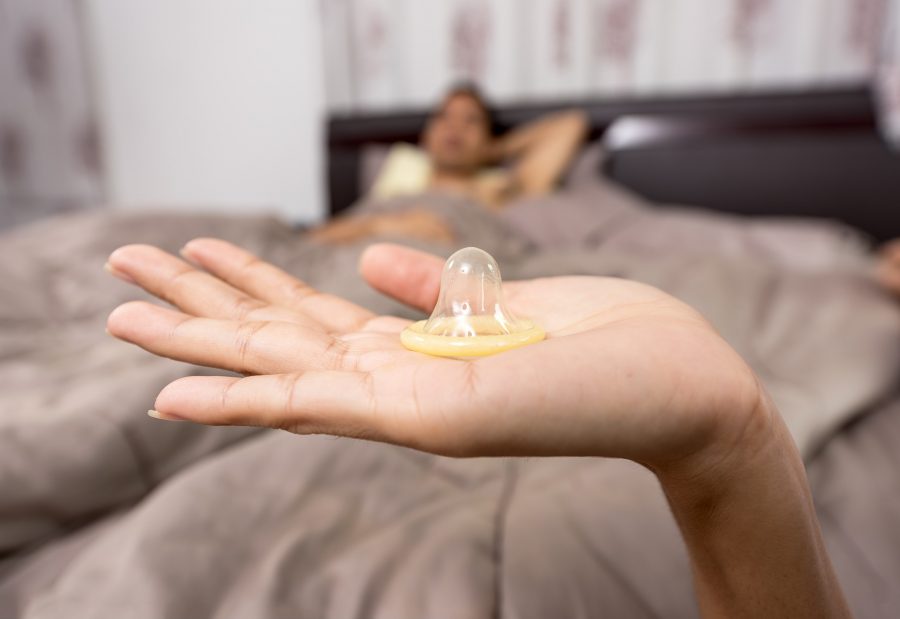What You Need To Know About HPV
February 2, 2017
You may have heard that the Human Papillomavirus (HPV) is the most common sexually transmitted infection (STI), but did you know that about 79 million people in the United States are currently infected with it?
That is more than the total amount of Americans living with Herpes and HIV combined, says the American Sexual Health Association. According to the Centers for Disease Control and Prevention (CDC), around 14 million people in the US become newly infected with HPV each year.
HPV is spread through intimate skin-to-skin contact, like through vaginal, oral, and anal sex with someone infected. If you are sexually active, you are at risk of contracting an HPV virus. In fact, most men and women will contract it during their lives. The good news is your body’s immune system can fight off a good portion of the 150+ viruses associated with HPV and you won’t even know it. However, the HPV viruses that your body cannot fight alone can lead to genital warts and cancer.
Genital warts caused by HPV are treatable but may not disappear entirely. According to the CDC, if left untreated, genital warts may stay as is, go away by itself, or spread. In rare cases, HPV viruses can also cause cancer, including, cervical, vaginal, penile, anal, vulva, and even a type of throat cancer called oropharynx. The CDC says that HPV causes cancer in 30,700 men and women in the United States every year. There are precautionary measures that exist for both men and women.
You might think that using a condom during sex would be an effective measure but that is not true. Condoms cannot prevent HPV because they do not cover all genital skin. The most operative way to prevent it would be with an HPV vaccination. While it does not give full protection against HPV causing cancers and genital warts, the HPV vaccine comes fairly close.
There are currently three types of FDA approved HPV vaccines – Gardasil, Gardasil 9, and Ceravix. Each vaccine comes in a series of either two or three doses over a period of six months, depending on the age of the patient. The recently revised recommendations made by the CDC call for males and females from ages 9 to 14 are recommended a series of two doses, while males and females from ages 15 to 26 are recommended a series of three doses. To be most effective, an HPV vaccine should be administered before potential exposure to the virus – so before a person becomes sexually active.
Rachel Krawsek, a senior Digital Filmmaking major, was recommended the vaccine by her general physician.
“My doctor recommended it to me before I went off to college,” Krawsek said. “I don’t get shots unless they are mandatory or recommended by my doctor.”
It is imperative that both males and females are vaccinated. In a study published this month by JAMA Oncology, 1,868 men were tested in 2014-2015 between the ages of 18 to 59 and 45.2% tested positive for an HPV virus. Nearly 25% tested positive for a cancer causing HPV virus. Even after being vaccinated, women should get regular cervical cancer screenings, like a pap test or pap smear.
The HPV vaccine is strongly recommended but not mandated by doctors. The newly revised CDC recommendations have prompted 69 of the National Cancer Institute (NCI) centers, including St. Jude’s Children’s Research Hospital and John Hopkins Medicine, to publicly support them in a joint statement released at the beginning of January.
“As national leaders in cancer research and clinical care, we are compelled to collectively call upon parents and health care providers to increase vaccination rates so our nation’s children don’t grow up to become cancer patients,” the statement read.
For more information on HPV, visit: https://www.cdc.gov/std/hpv/stdfact-hpv.htm












